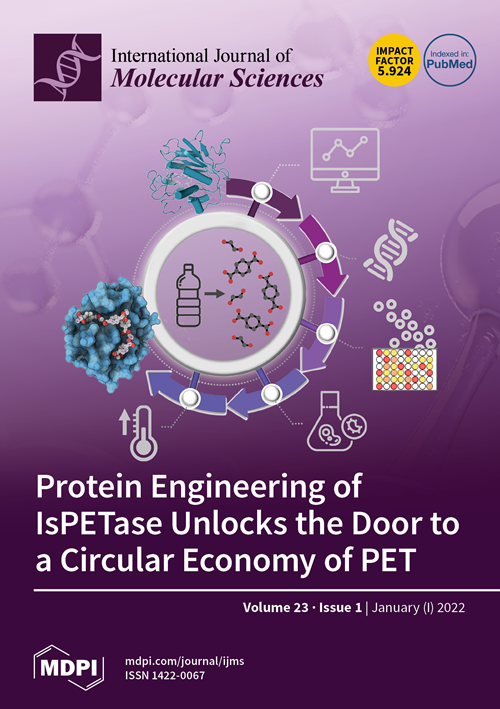酮体和生酮饮食在脑缺血和神经退行性疾病中保护神经的分子机制
IF 4.9
2区 生物学
Q1 BIOCHEMISTRY & MOLECULAR BIOLOGY
引用次数: 0
摘要
酮体(KBs),如乙酰乙酸和β-羟基丁酸,是葡萄糖缺乏时的重要替代能源。在肝脏中生成的酮体在肝外组织中代谢为乙酰-CoA,进入三羧酸循环和电子传递链产生 ATP。葡萄糖代谢减少和线粒体功能障碍与脑缺血和神经变性过程中神经元死亡和脑损伤增加有关。KBs和生酮饮食(KD)通过代谢和信号功能协调各种细胞过程,显示出神经保护作用。它们能增强线粒体功能,减轻氧化应激和细胞凋亡,调节组蛋白和非组蛋白的表观遗传和翻译后修饰。此外,KBs 和 KD 还有助于减少神经炎症,调节自噬、神经传递系统和肠道微生物组。本综述旨在探讨 KBs 和 KD 对脑缺血和神经退行性疾病(包括阿尔茨海默病和帕金森病)中脑损伤的神经保护作用的分子机制。本文章由计算机程序翻译,如有差异,请以英文原文为准。
Molecular Mechanisms of Neuroprotection by Ketone Bodies and Ketogenic Diet in Cerebral Ischemia and Neurodegenerative Diseases
Ketone bodies (KBs), such as acetoacetate and β-hydroxybutyrate, serve as crucial alternative energy sources during glucose deficiency. KBs, generated through ketogenesis in the liver, are metabolized into acetyl-CoA in extrahepatic tissues, entering the tricarboxylic acid cycle and electron transport chain for ATP production. Reduced glucose metabolism and mitochondrial dysfunction correlate with increased neuronal death and brain damage during cerebral ischemia and neurodegeneration. Both KBs and the ketogenic diet (KD) demonstrate neuroprotective effects by orchestrating various cellular processes through metabolic and signaling functions. They enhance mitochondrial function, mitigate oxidative stress and apoptosis, and regulate epigenetic and post-translational modifications of histones and non-histone proteins. Additionally, KBs and KD contribute to reducing neuroinflammation and modulating autophagy, neurotransmission systems, and gut microbiome. This review aims to explore the current understanding of the molecular mechanisms underpinning the neuroprotective effects of KBs and KD against brain damage in cerebral ischemia and neurodegenerative diseases, including Alzheimer’s disease and Parkinson’s disease.
求助全文
通过发布文献求助,成功后即可免费获取论文全文。
去求助
来源期刊

International Journal of Molecular Sciences
Chemistry-Organic Chemistry
CiteScore
8.10
自引率
10.70%
发文量
13472
审稿时长
17.49 days
期刊介绍:
The International Journal of Molecular Sciences (ISSN 1422-0067) provides an advanced forum for chemistry, molecular physics (chemical physics and physical chemistry) and molecular biology. It publishes research articles, reviews, communications and short notes. Our aim is to encourage scientists to publish their theoretical and experimental results in as much detail as possible. Therefore, there is no restriction on the length of the papers or the number of electronics supplementary files. For articles with computational results, the full experimental details must be provided so that the results can be reproduced. Electronic files regarding the full details of the calculation and experimental procedure, if unable to be published in a normal way, can be deposited as supplementary material (including animated pictures, videos, interactive Excel sheets, software executables and others).
 求助内容:
求助内容: 应助结果提醒方式:
应助结果提醒方式:


